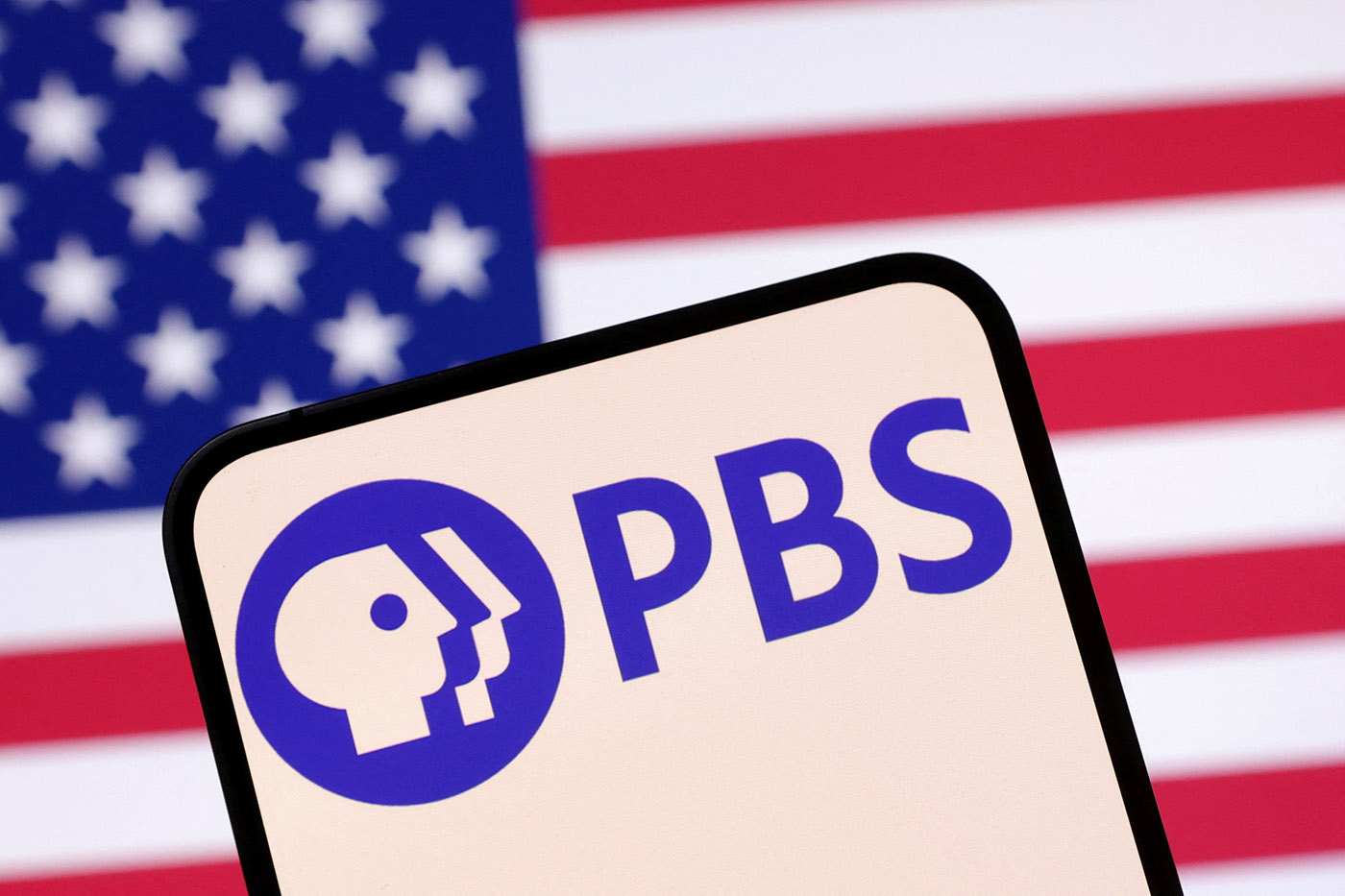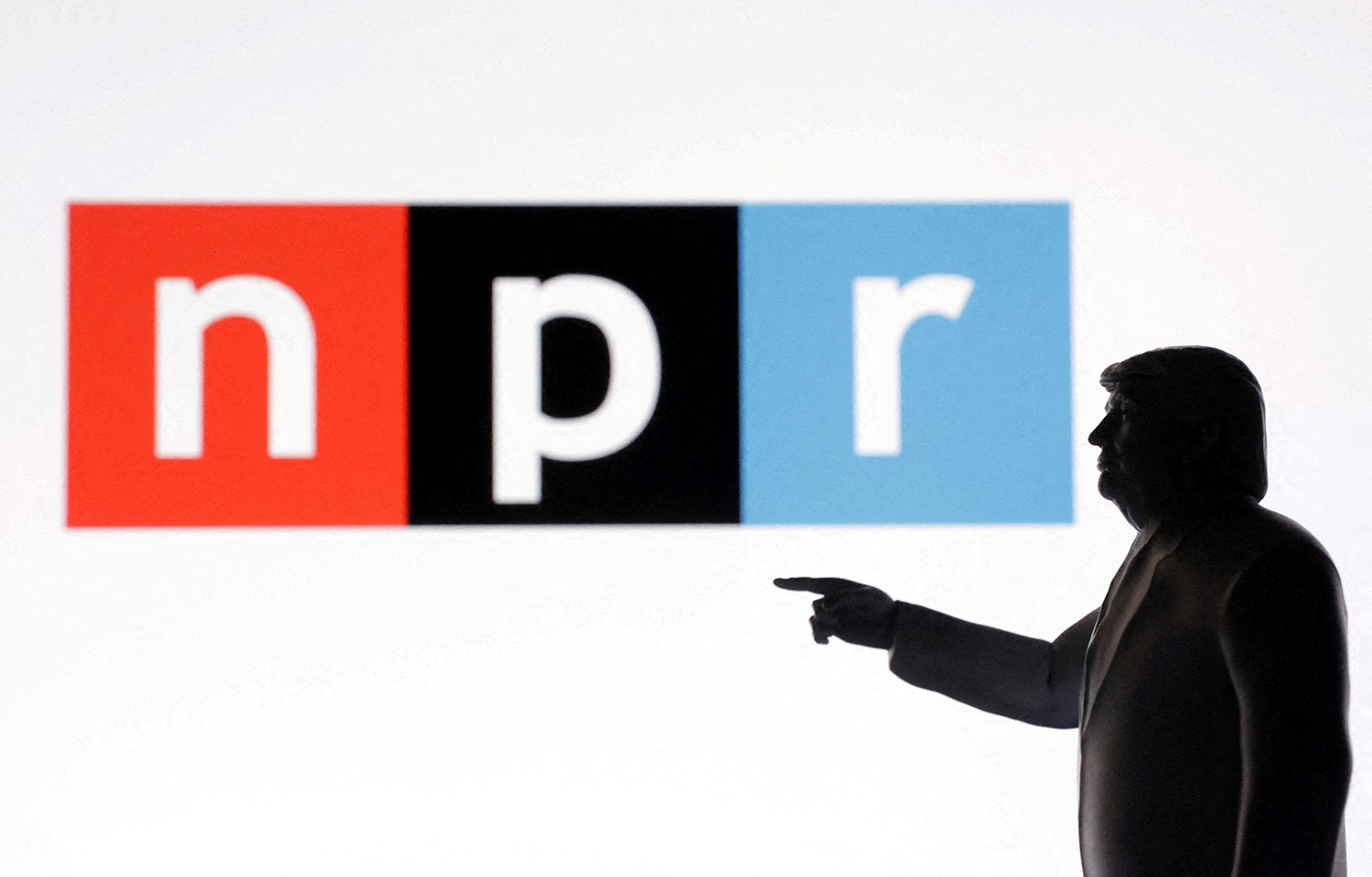A professor at Southern Utah University filed a lawsuit against the university, stating it violated his right to free speech by sanctioning him for refusing to use students’ preferred pronouns.
Richard Bugg, a theater professor at Southern Utah University, (SUU), filed the lawsuit in the United States District Court for the District of Utah Aug. 31. Bugg, represented by attorneys Jerry Mooney and Randall Garrou with financial support from the Faculty Legal Defense Fund of the Foundation for Individual Rights and Expression, (FIRE), argues that he is “opposed to the coercion of speech that is taking place on our campus and on most campuses,” the lawsuit stated.
The controversy began in September 2021 when Bugg held his first day of class at SUU’s College of Performing and Visual Arts. A student, whose name has been kept private, told Bugg they identify as nonbinary and would like to be referred to using “they/them” pronouns, which are gender-neutral.
Bugg agreed to refrain from using gender-based pronouns and use their name instead. He also offered to use any singular pronouns the student may prefer, as he felt plural pronouns were grammatically incorrect. According to the lawsuit, he offered these alternatives to make both parties as comfortable as possible without violating his “own deeply-held beliefs and convictions.”
The lawsuit describes the case as a clash between a professors’ right to free speech and a state university’s power to “compel that professor to engage in what the professor considers politically sensitive speech to which the professor is politically and educationally opposed.”
Bugg believes that referring to people using plural pronouns “is one thing,” but “forcing them to do it is another and contrary to our rights of free speech,” according to the complaint. Due to the ongoing litigation, Bugg declined via email to comment on this story and cited his attorney’s advice not to do any interviews.
While Bugg did attempt to address the student without utilizing female pronouns, he admitted to doing so unintentionally two or three times, the suit states.
“I know that it’s incredibly difficult to use different pronouns for people,” Mooney said in an interview with First Amendment Watch. “What he attempted to do was to utilize the individual’s given name in place of the pronouns, but admittedly failed to do so.”
The student filed a Title IX complaint Sept. 15, 2021, six days after that first day of class. Prior to filing the complaint, the student allegedly began discussing the situation with classmates and “exerted strong pressure” on them to “boycott the Professor’s class and demanded that the University establish an alternate so-called ‘shadow class’ for those who would go along with” the boycott, according to the suit.
“One of the things that concerns me is I don’t want the message to be, say, supportive of a heckler’s veto,” Mooney said. “That if you don’t like somebody else’s belief system, all you have to do if you’re a student is make enough loud noise and you will prevail, and that individual’s speech will then be quelled.”
After a formal investigation into the complaint was completed, SUU found that Bugg had violated university policy because “he had engaged in harassment and discrimination on the basis of gender identity against a student,” according to a May 3 letter from Kevin Price, assistant vice president of human resources at SUU. The school does not specifically say Bugg was in violation of Title IX, Mooney says, but that he violated school policies derived from it.
The letter imposed three sanctions on Bugg. First SUU requested that he take a grammar course about the use of “they/them” and other gender-neutral pronouns because they’re “now considered grammatically correct.”
SUU also noted that this letter was considered a written warning, and if Bugg failed to comply with students’ preferred pronouns, he would be sanctioned further leading to possible termination.
“If Professor Bugg refuses to make a good faith effort to use pronouns requested by SUU students, and as a result, students refuse to register for sections of classes he teaches, SUU will open additional sections of those classes and Professor Bugg’s pay will be reduced to offset the amounts SUU must pay for the additional sections,” stated the letter in reference to the third sanction.
Mooney says he has difficulty with how they concluded their findings. Last year, according to Mooney, Bugg received an email from a different student requesting the use of “they/them” pronouns. Again he stated he would not use them but would respect their choice and use their name in place of gender-based pronouns.
“They used that as evidence that he was hostile towards non-binary individuals, which is silliness, because it wasn’t, it was very respectful,” Mooney said.
Bugg appealed the sanctions in late May, but was denied on June 14 and received another. This fourth sanction requested a revised syllabus that aligned correctly with the department’s guidance regarding gender pronouns.
According to the College of Performing and Visual Arts’ Undergraduate Handbook, which includes the theater department, “students have the right to express their gender identity freely.”
“The faculty are committed to creating a safe and positive learning environment for each and every student,” the handbook states. “If a student would prefer that we use a specific gender pronoun, please let faculty know during class introductions, office hours, or by email.”
The lawsuit states that before the sanctions were imposed, no university official or written statements “specifically inform[ed] Plaintiff that he was required to use a student’s preferred pronouns.” They noted it as a university failure due to the handbook’s lack of specificity on whether the use of “preferred pronouns is compulsory rather than suggested.”
“His position is established and has been established for several years and he’s had conversations with the staff — nobody ever told him,” Mooney said. “He was never told prior to this class that ‘Your approach won’t work. You have to use their pronouns.’ But that’s the end result of where they’ve gone. Now they’ve decided that he has to use people’s selected pronouns and if he doesn’t use those pronouns, he’s at risk of losing his job. That’s compelled speech.”
The suit added that even if the handbook was amended to be more specific and clear, the clause “would nonetheless still be unconstitutionally vague, and would also be overbroad, because the Handbook does not provide a fixed list of optional personal pronouns which, on the demand of a student, a professor must be compelled to use.”
The sanctions were also described as “vague and overbroad” and in violation of Bugg’s protected right to free speech under the First Amendment.
The lawsuit does not request any monetary damages, but asks defendants for “declaratory judgments” stating that the vague and overbroad university policies violate the First Amendment. Bugg also requested the dismissal of any prior sanctions and the prevention of any future ones.
Bugg is not the first professor to sue a university over pronoun usage. In February 2019, philosophy professor Nicholas Meriwether of Shawnee State University, a public university in southern Ohio, sued the university for violating his right to free speech and religious expression after a student requested to be referred to using feminine pronouns.
The U.S. Court of Appeals for the Sixth Circuit unanimously ruled that the university violated his First Amendment rights. Meriwether received a settlement of $400,000 in damages and attorney’s fees from the university in April 2022.
From 2015 to February 2022, there have been 537 incidents where scholars have been targeted “for some form of professional sanction over constitutionally protected speech,” according to “Scholars Under Fire,” a report conducted by FIRE to document and analyze incidents where professors are penalized for protected speech. Of the incidents, almost two-thirds have resulted in a sanction.
The university’s Public Relations Director David Bishop did not offer comment as the litigation is still in progress, but sent SUU’s statement to First Amendment Watch.
The statement references SUU’s anti-discrimination (Title VII) and sexual harassment (Title IX) policies, which although do not specify the required use of gender pronouns, SUU must adhere to federal guidelines. It notes President Biden’s executive order from March 2021 in which the definition of sex in both Title VII and Title IX was expanded to include gender identity.
“SUU employees are required to follow these federal guidelines, just as are all people who are employed in either the private or public sectors,” it stated. “The University strives to create an environment where meaningful learning is fostered without discrimination or substantial disruption.”
Mooney says Bugg is still currently working at SUU and has begun the fall semester. He says SUU has not yet filed any response to the suit in court, and there’s no lawyer with whom to speak on the other side. “This baby’s so newborn it hasn’t even cried,” Mooney said.
——————
Updated to include attorney Randall Garrou who is also representing Richard Bugg.
BUGG v. BENSON, et. al. COMPLAINT FILED AUG. 31
EXHIBITS FOR LAWSUIT FILED AUG. 31
Tags




